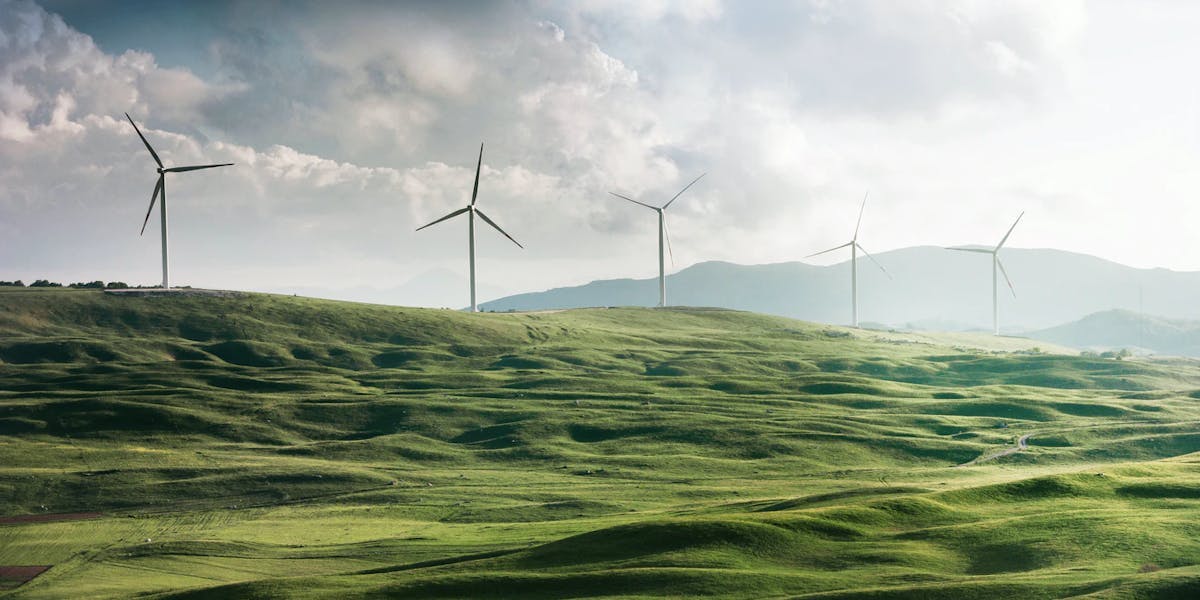Lifestyle
Ellie Unearths: Why Renewable Isn’t All ‘Green’
6min read
“Climate change is our greatest and most pressing challenge, but there are some perilous pathways to be aware of as we build out the infrastructure that gets us to a new low-carbon paradigm” Douglas McCauley
Renewables are essential in transitioning to a low carbon economy, but there are several and significant risks emerging including labour and human rights violations, toxic waste and the unsustainable use of raw materials. We must pay these the attention they call for if we’re to achieve Net Zero 2050 without compromising other critical environmental and social ambitions.
Benefits of renewable energy
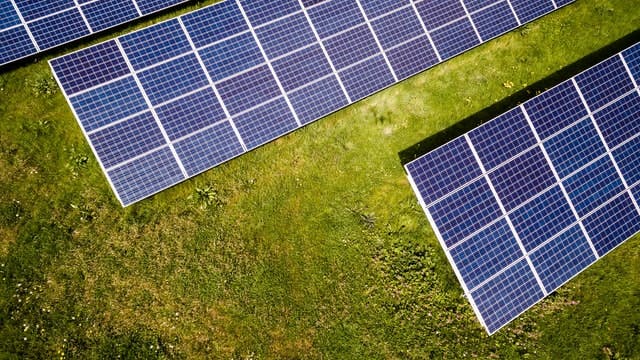
Electricity production is a huge source of global greenhouse gas emissions - 25% specifically - and any roadmap to achieving Net Zero 2050 (an essential target in avoiding the worst effects of climate change) must include a complete transition to renewable sources of energy as well as immediate efficiency improvements and reductions at source.
At the power generation phase, renewable energy presents its greatest opportunity in its ability to massively reduce greenhouse gas emissions, addressing global warming at the scale required. Local air and water quality are also typically improved, compared with coal, which has meaningful benefits for the health of locals. On a social level, renewable energy also has the ability to empower community resilience against shortages and the decentralisation of sites helps to increase energy security on a wider scale.
But there’s more to it and we must resist the urge to put it straight in the ‘good’ or ‘green’ pile of climate solutions, never to be questioned or considered again. It’s exhausting but we must remain critical of all solutions if we’re to tackle the multiple environmental and social crises at once.
Disadvantages of renewable energy
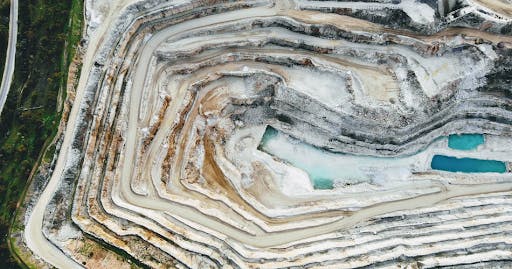
There is a lot to renewable energy that isn’t visible and which we rarely think about as a result; the mining of materials to create batteries and solar panels, the jobs lost and created as we transition to renewables, the fact that we need to figure out a way to actually recycle these turbines and panels and - of course - the people behind all of this.
To summarise a few key areas of contention -
1. Mining + human rights violations
With renewable energy set to drive the future economy, development in this area for many countries means creating a more future-proof economy. But the huge growth in demand for solar panels - for example - is driving exploration for raw minerals such as quartz in countries where labour standards are poorly enforced, such as Mauritania and Suadi Arabia. The inherently hazardous nature of mining in poorly regulated countries, combined with quartz mining’s links with respiratory diseases, significantly raises the potential for labour rights violations to occur. We see the same with electric vehicles, where most of the cobalt used in batteries today is coming from mines in the Democratic Republic of Congo, where an extraction has come with human rights abuses and environmental degradation.
This is compounded by competition and the ‘race to zero’, fundamental in renewables achieving the uptake they have, but which also inevitably leads to shortcuts. Cost-cutting measures can often lead to lower quality goods that are less efficient and not as long-lasting, meaning they need to be replaced quicker and more materials are ultimately required for the same amount of energy created.
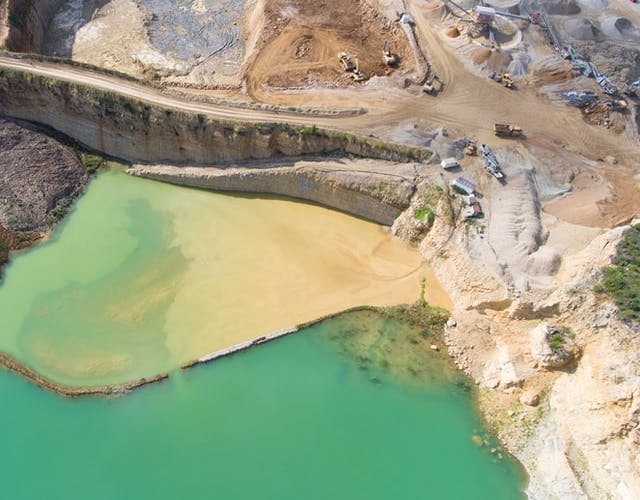
2. Recycling renewables
We tend to think that because the source of energy is renewable the infrastructure will also work endlessly, but machinery and materials degrade and need replacing. These materials are put together in novel ways with incredible and innovative results, but which we’re not well-equipped to recycle yet, in the same way it took us a long time to figure out computer recycling.
As a result, we have a growing mass of panels and machinery with very few means of successfully recycling them without the need for transportation to expensive and rare recycling facilities. Often the recyclable elements within the panels and turbines are so difficult to reach that the energy required to extract these parts is not worth the benefits, making it a non-economically viable practice.
But the consequences of not dealing with these materials responsibly can lead to multiple forms of pollution and subsequent health impacts at a community level. For example, old solar panels are often illegally burnt to extract and sell the copper wires within them. This practice causes respiratory problems and contamination of local water sources.
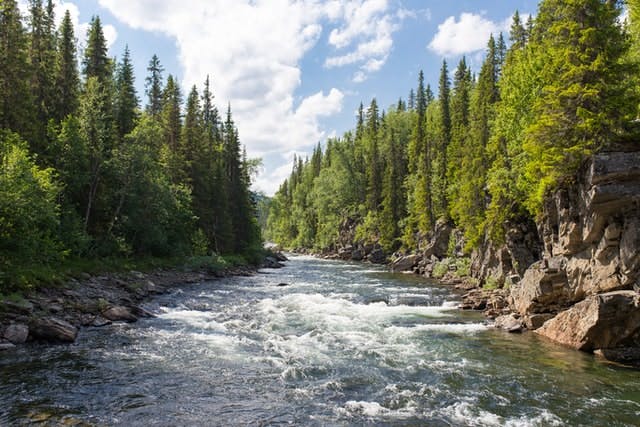
3. Job opportunities
The installation and maintenance of renewable energy projects present huge opportunities for increased employment at both a local and regional level. But this requires re-skilling a workforce and jobs lost in coal power aren’t necessarily replaced by those in renewable energy. A coal plant may be shut down in one area and a wind farm opened to replace it, but in a completely different area. Those who have lost a job in coal cannot always simply re-skill and re-locate, so we need to ensure we are not leaving communities stranded and without employment in this energy transition.
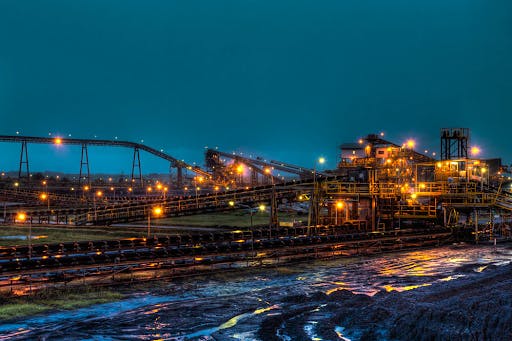
Renewable and responsible
There are clear pros and cons of renewable energy, but even with all of this considered, the impacts of renewable energy throughout its ‘lifecycle’ (from source materials through to recycling) are a lot less than those of coal, nuclear or gas and there is no argument for not transitioning to renewable energy.
But renewable has the potential to do more than help us avert the worst impacts of the climate crisis, there is a window of opportunity to achieve a renewable and responsible energy system that simultaneously reduces emissions, improves access to affordable, clean energy, creates jobs and helps economies thrive.
By Ellie Harrison
Ellie heads up all-things sustainability, making sure everything we do is as conscious as possible. She couldn’t live without volleyball, killer whales and porridge… though hopefully not at the same time.
Let us take care of dinner
We help to make eating more plants easy and delicious. Fancy letting us take care of dinner? Check out our delicious meals here.
Shop now
